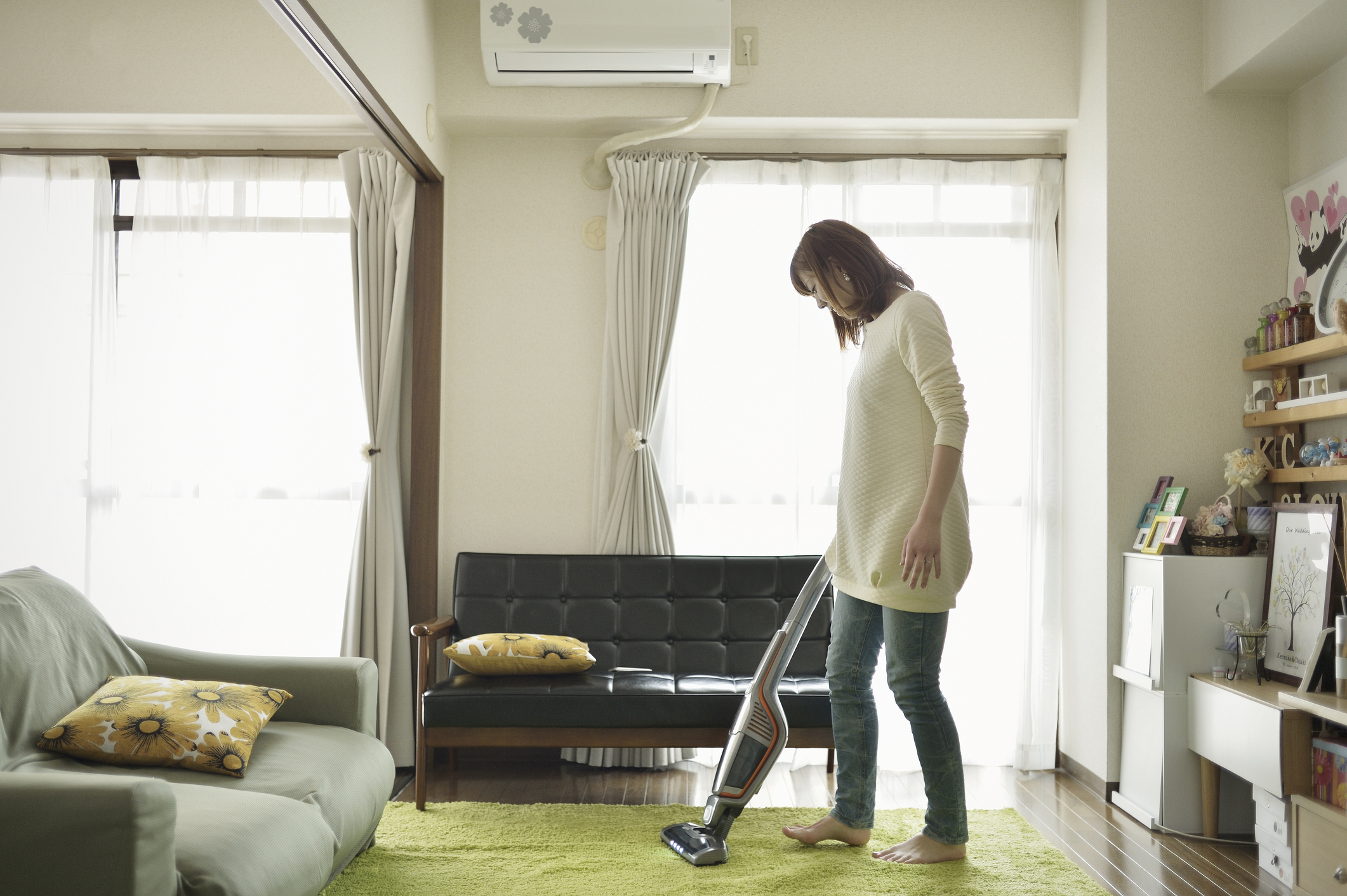
Japanese women are missing out on around ¥111 trillion ($761 billion) in pay for a range of household tasks they do for free, an amount that’s roughly equivalent to a fifth of the country’s economy.
While men also engage in ¥32 trillion of unpaid labor around the home, that’s less than a third of what women do, according to a Cabinet Office report. Together, the numbers reflect part of the wage gap between men and women in the world’s third largest economy, and they highlight the sheer amount of uncompensated work that gets done.
In the report, the value of unpaid work was calculated based on the amount of time spent, multiplied by the average wage for each gender according to age.
Read More: Japan Sends Male Minister to Lead G7 Meeting on Women’s Empowerment
As Prime Minister Fumio Kishida seeks to distribute incomes in a more equitable manner as part of his “new capitalism” policy agenda, the amount of labor done for free highlights earnings lost, as well as the gender divide that persists in the country. Economists have pointed out that the low level of women’s pay in Japan is one of the largest reasons behind stagnant wage growth in the country in the past two decades.
Kanako Katsumata, a mother of two living in Fujisawa city near Yokohama, is among those who shoulder the bulk of housework and childcare at home.
“It’s kind of accepted as fact that household tasks fall mainly to women,” said Katsumata, who’s currently on childcare leave from her job as a nursery teacher. She says her husband has become more cooperative after their second child was born, but Japan’s culture of expecting housework to be completed by the mother remains strong, she said.
Read More: A Japanese City Apologizes After Giving Advice to Pregnant Women on How to Be Better to Men
The amount of time the average Japanese man spent on unpaid labor per day was 41 minutes, according to the Organisation for Economic Co-operation and Development, the lowest in 30 countries tracked by the group.
That low figure results in Japan having the fourth largest gap between the genders in the OECD, with the nation’s women working an additional 3 hours for free. Sweden, Denmark and Norway have the narrowest gaps, with the time disparity in all three less than an hour.
Still, women shoulder far more unpaid labor than men throughout the world. In the U.S., women miss out on $627 billion per year just for caregiving work for children and other family members.
If the value of women’s unpaid labor were added to average wages, the pay gap between the two genders would roughly disappear, according to Naoko Kuga, a senior researcher at NLI Research Institute. For women, that amount is around ¥2 million per person.
Looking at the data by age group, among child-rearing generations aged 20 to 44 women’s theoretical pay was larger than men’s if unpaid labor were factored in. For those aged 45-59, men’s theoretical pay remained higher largely because men of that age are more likely to be employed in higher paying regular jobs compared with women, as they hold far more of the country’s managerial roles.
Reiko Yamamoto works full-time as a physical therapist while caring for her four children. Yamamoto, who lives in Ebina, also near Yokohama in Kanagawa prefecture, says she has a fulfilling life, but her pay is low. Even if she added the value of her unpaid work to her wages, her compensation wouldn’t reach the level of her husband’s, she said.
“In reality though, I’m working enough to justify being paid 30% more than my husband,” she said.
The number of dual-income households in Japan has risen over the years to 12.6 million, roughly double the number of single-income households in which men are generally the breadwinners. But the amount of hours women spend on housework remains around four times that of men.
More Must-Reads From TIME
- The 100 Most Influential People of 2024
- Coco Gauff Is Playing for Herself Now
- Scenes From Pro-Palestinian Encampments Across U.S. Universities
- 6 Compliments That Land Every Time
- If You're Dating Right Now , You're Brave: Column
- The AI That Could Heal a Divided Internet
- Fallout Is a Brilliant Model for the Future of Video Game Adaptations
- Want Weekly Recs on What to Watch, Read, and More? Sign Up for Worth Your Time
Contact us at letters@time.com